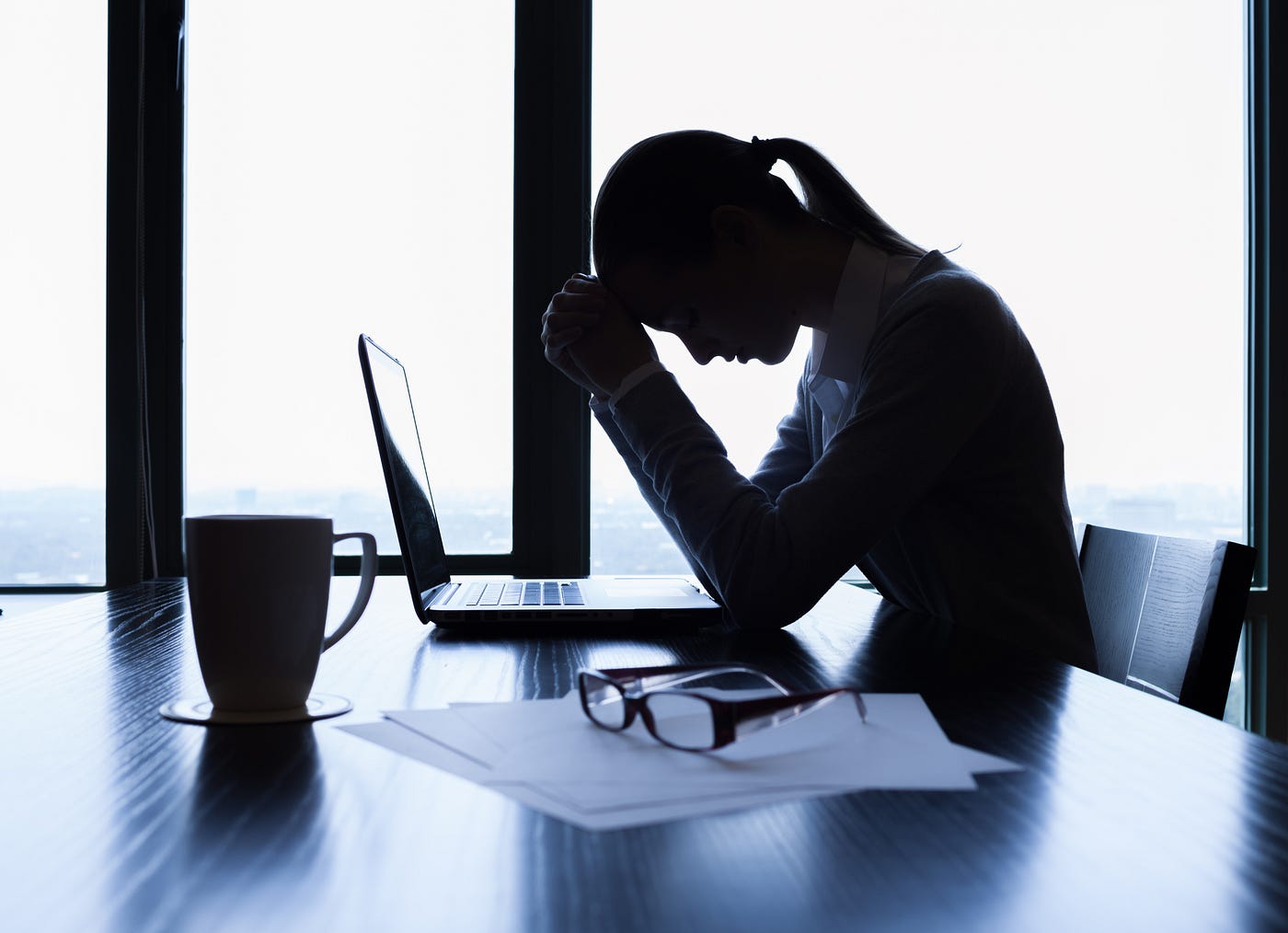[ad_1]
A lot of people feel stuck and hopeless at some point in their lives. Whether it’s due to external factors like a tough job market or internal factors like depression, feeling stuck and hopeless can be extremely draining. In this article, I’ll discuss my personal experience with feeling stuck and hopeless, why I hate my life, and how I’ve worked to overcome these feelings. I’ll also provide tips and resources for others who may be struggling with similar feelings.
Why do I feel stuck and hopeless?
Feeling stuck and hopeless can stem from a variety of factors. For me, it was a combination of personal and professional disappointments. I felt like I was in a dead-end job, unable to advance or make a meaningful impact. At the same time, I was dealing with personal issues that left me feeling overwhelmed and unable to see a way forward. All of these factors combined to create a sense of hopelessness that was difficult to shake.

It’s important to recognize that feeling stuck and hopeless is a common experience, and it’s not a sign of weakness or failure. Many people go through periods of feeling this way, and it’s okay to seek help and support to work through these feelings.
Why Do I Hate My life?
Hating your life can be a result of feeling stuck and hopeless. When you feel like you have no control over your circumstances and no hope for the future, it’s natural to develop a sense of deep dissatisfaction with your life. For me, hating my life was a result of feeling like I had no agency or control. I felt like I was just going through the motions, and I couldn’t see a way to change my situation.
It’s worth noting that hating your life doesn’t mean that you hate everything about it. There may be aspects of your life that you still enjoy or find meaning in, even when you’re struggling with negative feelings. It’s important to hold onto those positive aspects and use them as a source of strength as you work through your feelings of hate and hopelessness.
How can I overcome these feelings?
Overcoming feelings of being stuck and hopeless takes time and effort. It’s not something that will happen overnight, but with persistence and support, it is possible to work through these feelings and find a sense of hope and purpose again. For me, seeking therapy was a crucial first step in working through my feelings. Talking to a professional helped me gain a new perspective and develop coping strategies for dealing with my negative emotions.
In addition to therapy, finding a support network of friends or family members can also be immensely helpful. Having people who can listen to you without judgment and offer their insights can provide a valuable source of comfort and guidance. It’s also important to practice self-care and engage in activities that bring you joy and fulfillment, even when it feels difficult to do so.
Where can I find support?
There are many resources available for those struggling with feelings of being stuck and hopeless. If you’re dealing with mental health issues, it’s important to reach out to a mental health professional who can provide support and guidance. Many therapists and counselors offer sliding scale fees or accept insurance, so cost should not be a barrier to seeking help.
In addition to professional help, there are also many online communities and support groups where you can connect with others who are going through similar experiences. Engaging with these communities can provide a sense of belonging and understanding that can be incredibly valuable as you work through your feelings.

Conclusion
Feeling stuck and hopeless can be a difficult and isolating experience, but it’s important to remember that you are not alone. Many people have gone through similar experiences and come out the other side with a renewed sense of hope and purpose. By seeking help, connecting with others, and practicing self-care, it is possible to work through these feelings and move forward in a positive direction.
FAQs
Q: Is it normal to feel stuck and hopeless?
A: Yes, it’s completely normal to feel this way at certain points in life. Many people go through periods of feeling stuck and hopeless, and it’s important to reach out for support and help during these times.
Q: Should I be ashamed of hating my life?
A: No, hating your life is not something to be ashamed of. It’s a natural response to feeling overwhelmed and hopeless. Seeking help and support is a positive step towards working through these feelings.
Q: What if I can’t afford therapy?
A: Many therapists offer sliding scale fees or accept insurance. There are also low-cost or free mental health clinics available in many communities. It’s important to explore these options and reach out for support, even if cost is a concern.
Q: How can I find online support communities?
A: Many online support communities can be found through a simple internet search. Websites like Reddit and Facebook also host a variety of groups and forums dedicated to mental health support and discussion.
Q: Will I ever feel better?
A: Yes, with time, effort, and support, it is possible to work through these feelings and find a sense of hope and purpose again. It’s important to be patient with yourself and seek help when needed.
[ad_2]







